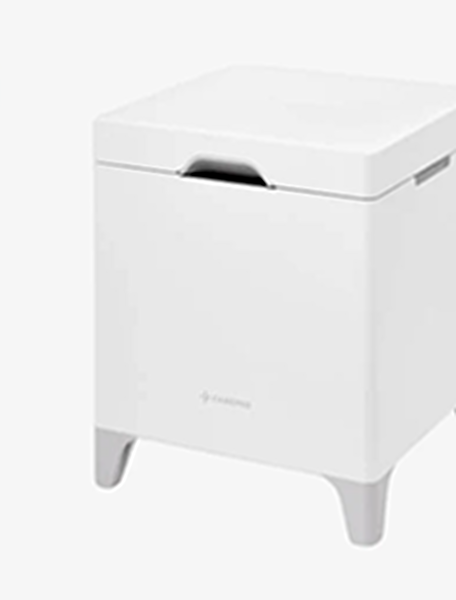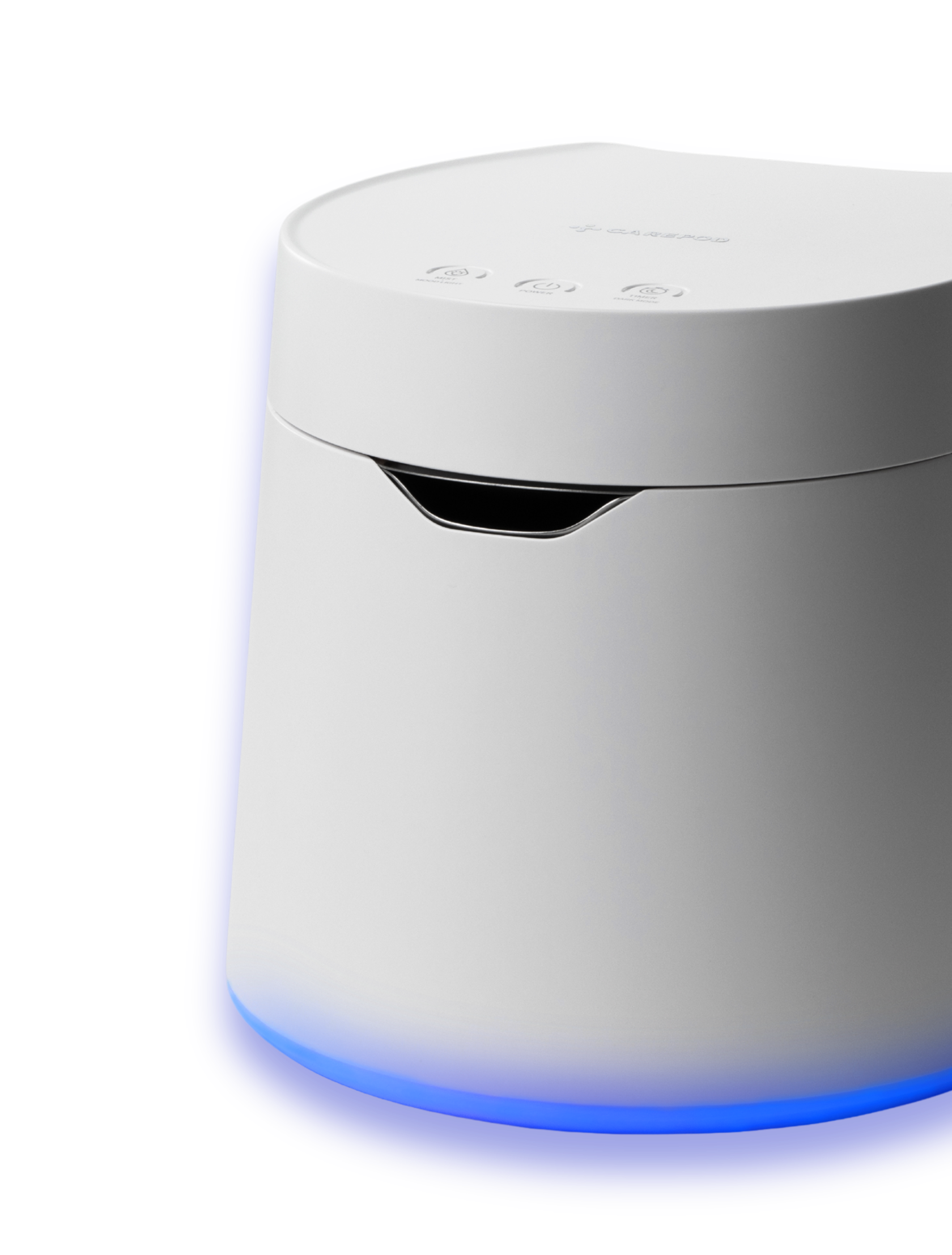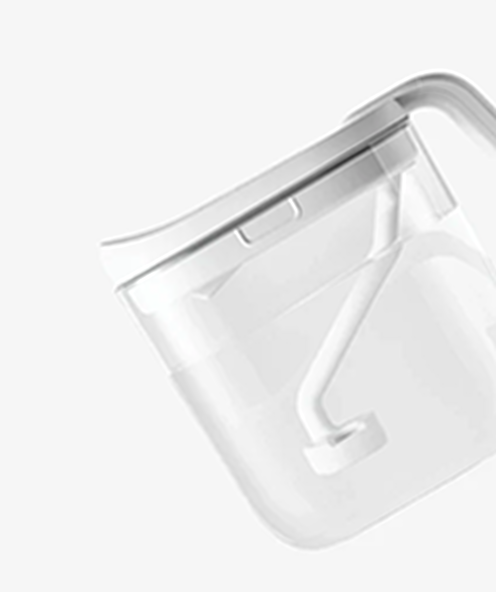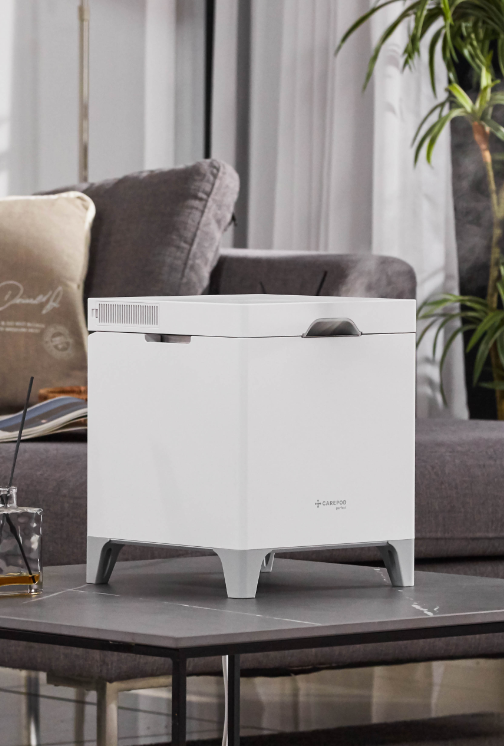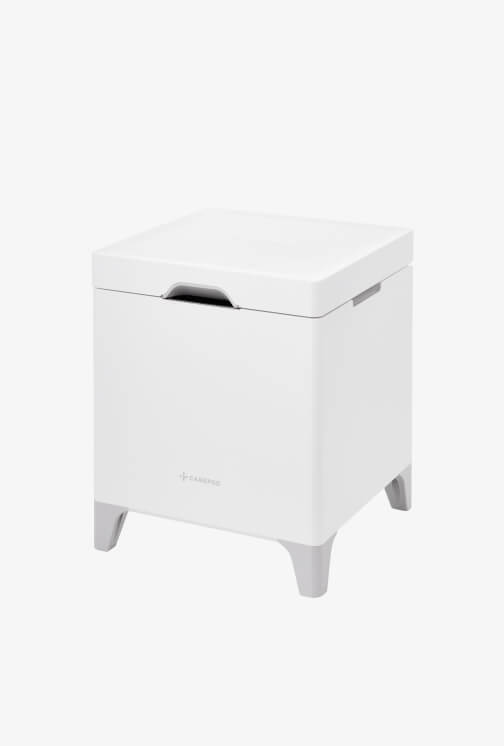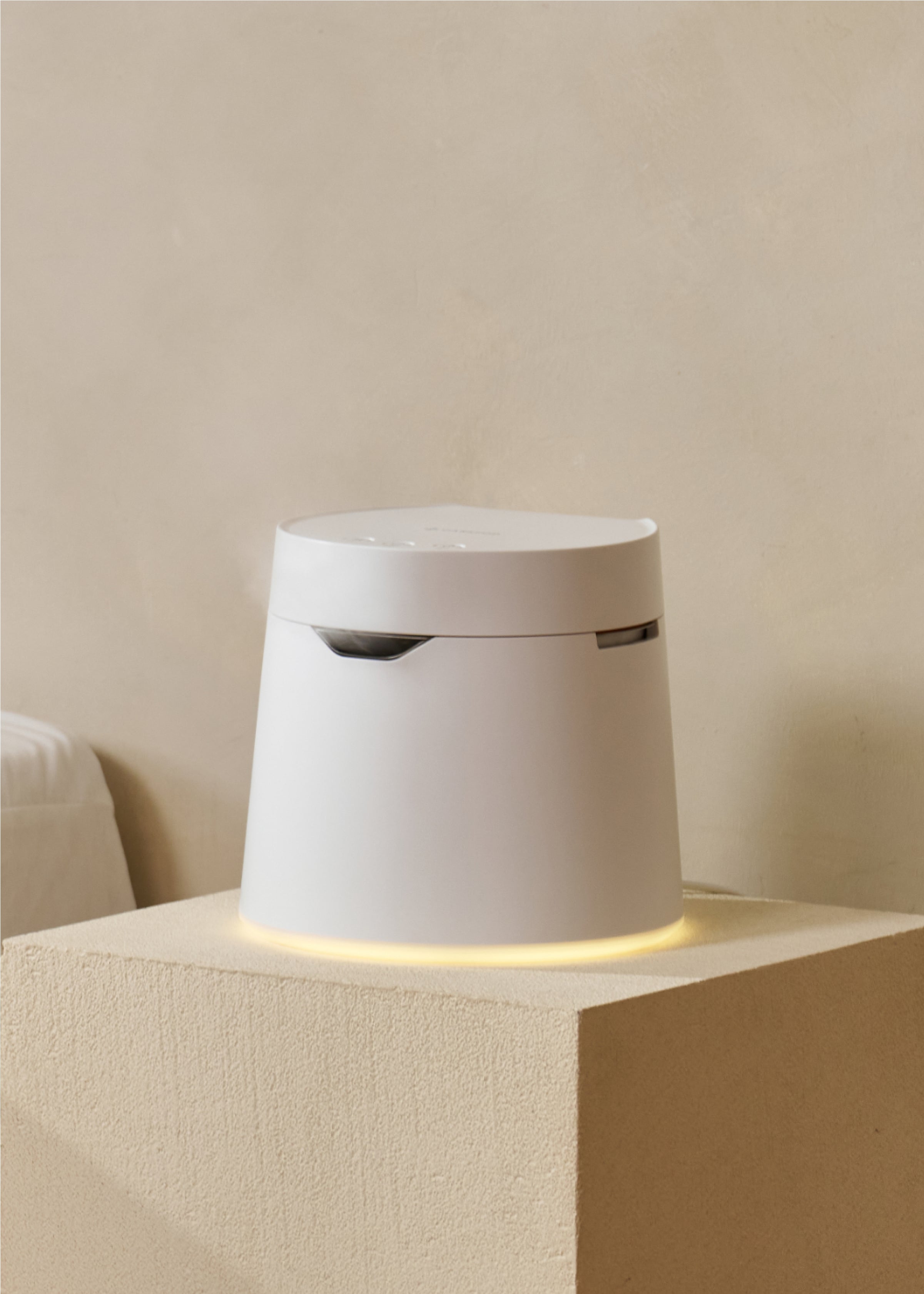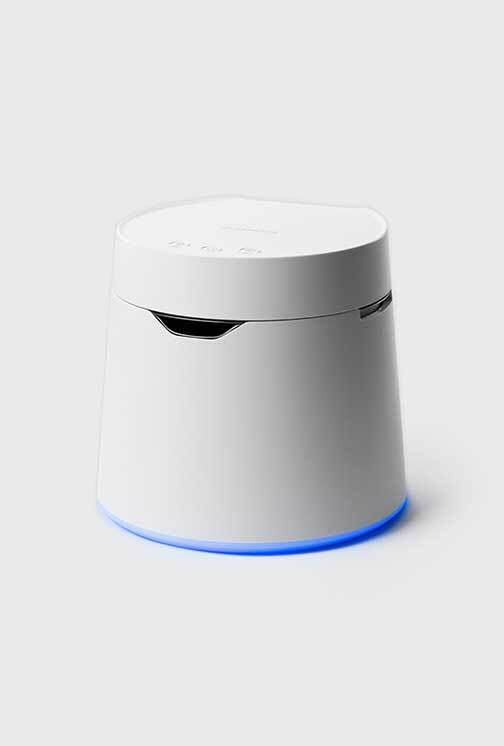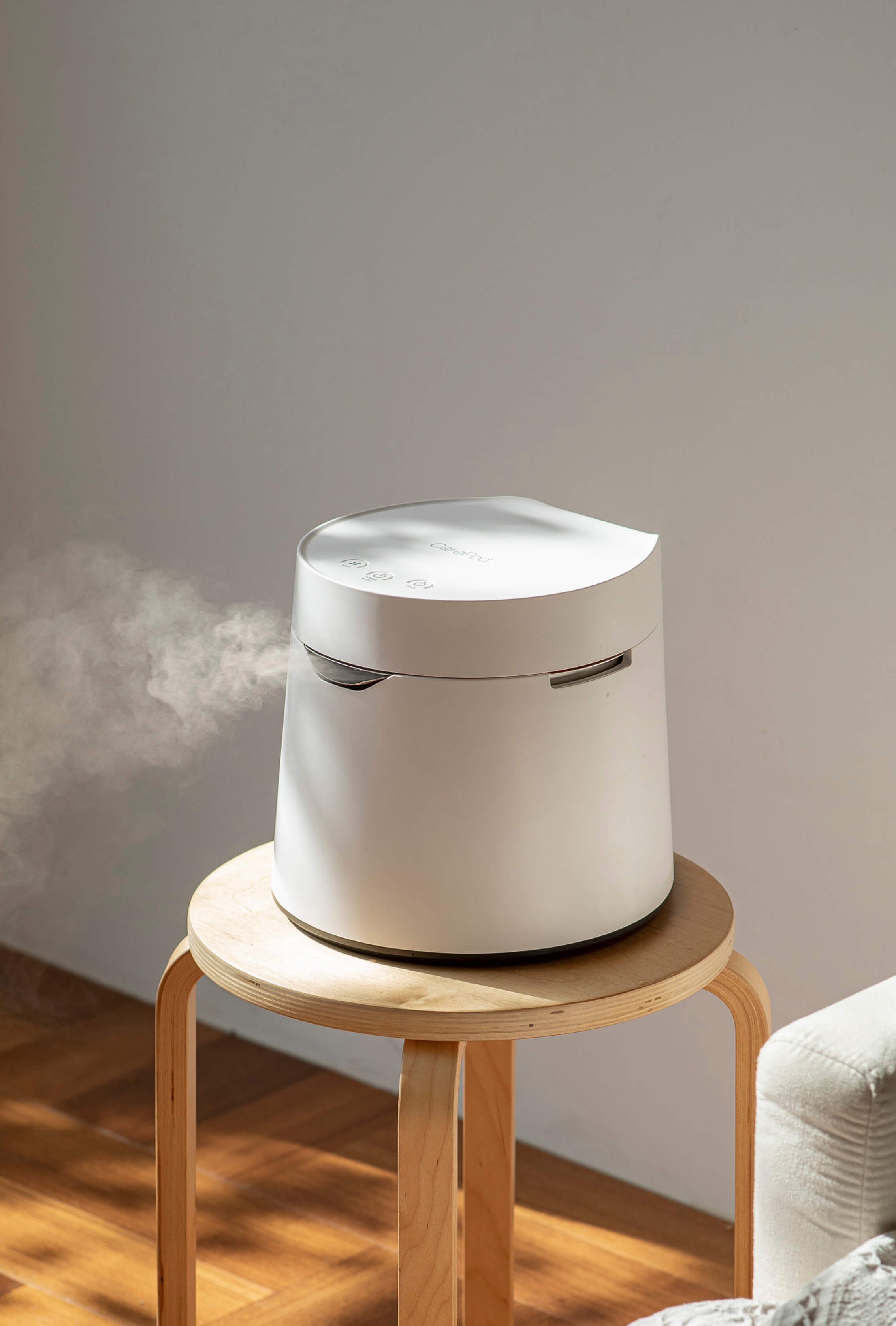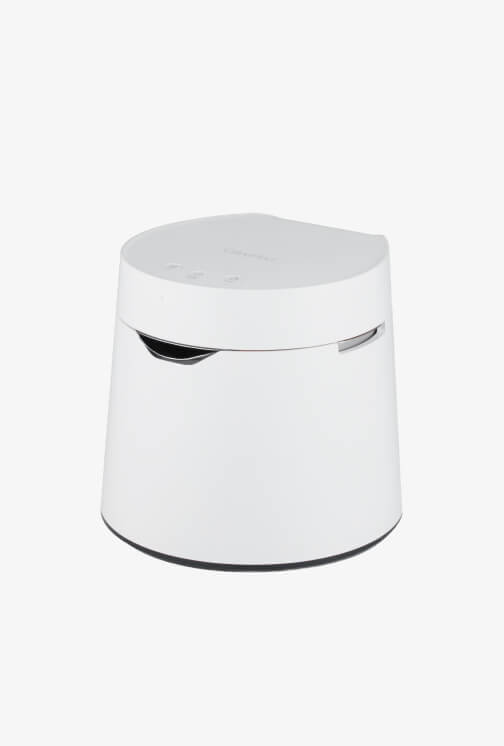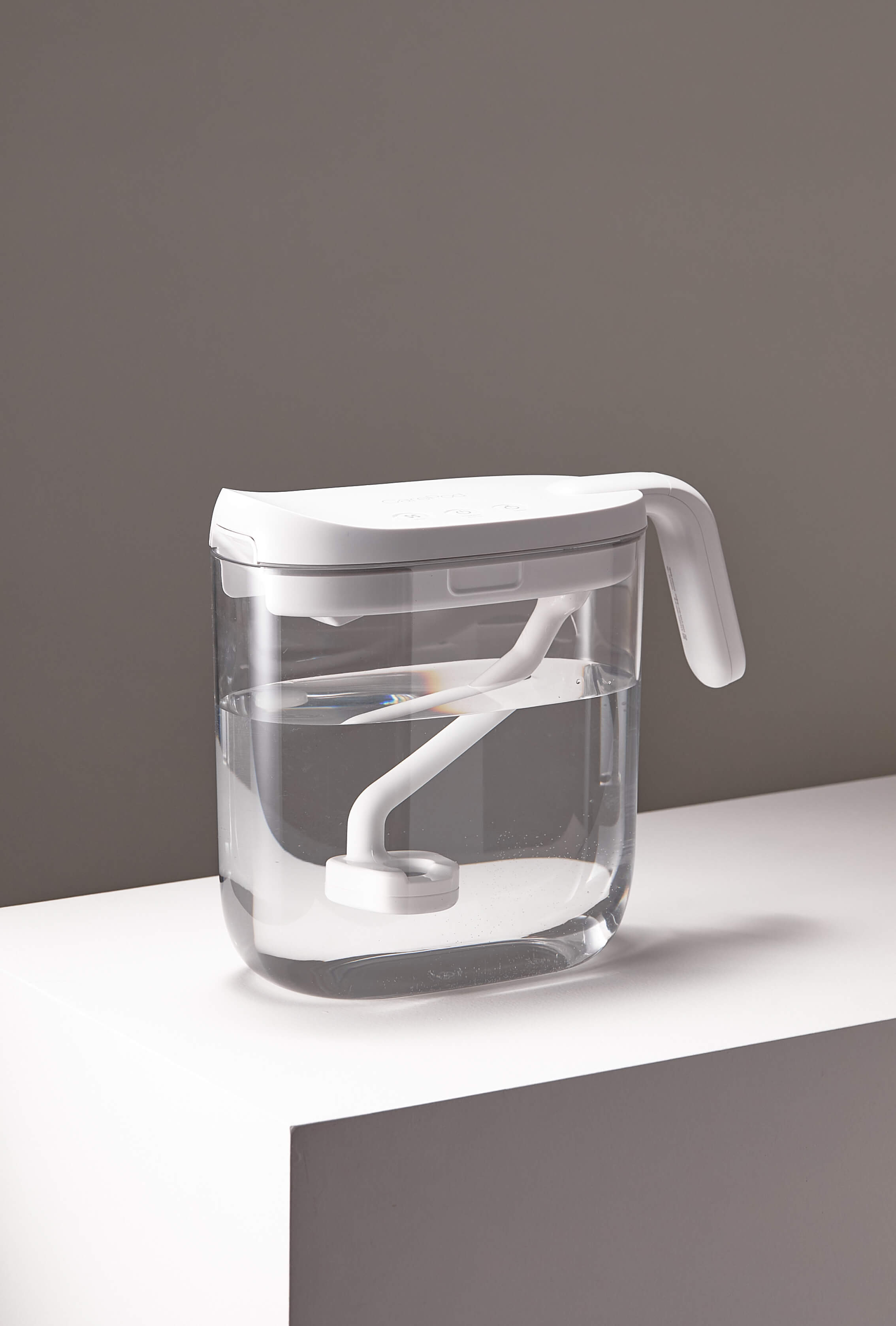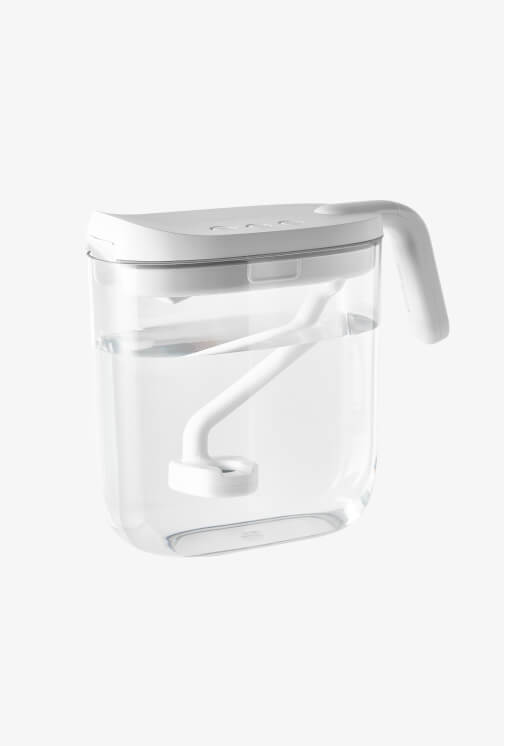How to Stay Healthy Before, During, and After Travels

Traveling is the perfect family adventure. But with all the fun and excitement, staying healthy can be a challenge. Whether you’re at crowded airports, adjusting to new routines, or dealing with travel stress, it’s important to take precautions to keep everyone feeling well.
In this article, we’ll share some simple tips and advice to help you and your family stay healthy while traveling.

Why It’s Easy to Get Sick During Trips
Vacations are full of fun, but they can also make it easier to get sick.
Here are a few reasons why:
Crowded Places
Airports, hotels, tourist spots, and other crowded venues are full of people, making it easier for germs to spread. With so many people in close proximity, it takes just one sneeze or cough to expose you to viruses and bacteria. High-touch surfaces like handrails, doorknobs, and elevator buttons can also be hotspots for germs.
Change In Routine
Travel disrupts your normal eating, sleeping, and exercise habits, especially if you’re going somewhere new or in a different time zone. After all, your body thrives on routine, and sudden changes can throw it off balance. Unfamiliar foods, irregular meal times, and different sleep schedules can also potentially weaken your immune system.
Increased Stress
While vacations are meant to be a relaxing time, planning can often be stressful, taking a toll on your immune system. From booking flights and accommodations to packing and managing itineraries, things can easily get overwhelming. The pressure to ensure everything goes smoothly, along with the overall anticipation of travel, can heighten stress levels and make you more susceptible to illness.
Lack of Sleep
Long travel days and different time zones can impact your sleep, making you more likely to feel worse and get sick. Jet lag, of course, can disrupt your circadian rhythm, and sleeping in unfamiliar places with different comfort standards can also affect the quality of your rest.

What To Do BEFORE Traveling
Before embarking on your adventures, here are a few steps you can take to ensure that your body and mind are fully prepared.
Rest Up Before Your Trip
Be sure to get plenty of rest in the days leading up to departure. Aim for 7 - 9 hours of quality sleep each night to boost your immune system and ensure that you’re well-rested for all the excitement ahead. Use a humidifier for soothing, relaxing sleep.
Prepare Health Essentials
Make a checklist of health-related items to pack, including any prescription medications, supplements, and first aid supplies, as well as necessary medical documents. Also check for local health concerns at your destinations and find out if any specific vaccines are required.
Minimize Stress
Travel can be a hectic experience, so managing stress before your trip is crucial to staying healthy. Planning and organizing your trip details in advance can help reduce last-minute pressure. If you’re dealing with travel anxiety, try practicing relaxation techniques like meditation or deep breathing to keep calm.
Check Travel Advisories
Before leaving, make sure to check travel advisories for important information about your destination. This may include updates on health warnings, extreme weather conditions, and any local restrictions. Staying informed can help you avoid unexpected challenges and ensure a safer and smoother trip.

What To Do DURING Travels
During your travels, maintaining good health is the key to enjoying your trip.
Stay Hydrated
Drink plenty of water throughout the day to keep your body functioning well, especially in hot climates. Dehydration can set in quickly, so carry a reusable water bottle with you and be sure to refill it regularly.
Wash Your Hands Frequently
Crowded public places are hotspots for germs, so regular hand washing is essential. Be sure to wash your hands often and carry hand sanitizer for times when soap and water aren’t available.
Stay Well-Rested
Travel can be exhausting, especially when dealing with long days and different time zones. If it’s possible, try sticking to a regular sleep schedule to ensure that you’re well-rested. If you’re dealing with jet lag issues or need to catch up on rest, short naps can help you adjust your internal clock. After all, quality sleep is essential for keeping your energy levels up and your immune system strong.
Listen To Your Body
Pay attention to how you feel and take breaks when necessary. Overexertion can lead to fatigue and illness, so if you start to feel unwell, take it as a sign to slow down. Rest up and care for yourself to prevent further illness, and don’t hesitate to seek medical attention if needed.

What To Do AFTER Traveling
Feeling sick after a trip is common. In fact, studies show that post-vacation illness affects up to 80% of travelers. Here are some ways to recover and stay healthy when you’re back home.
Rest And Ease Back Into Routine
Once back home, be sure to get plenty of rest to help your body recover from the journey and any disruptions to your sleep schedule. It’s best to ease back into your routine gradually to avoid feeling overwhelmed.
Boost Your Immune System
If you’re feeling particularly tired or run down, consider taking a few extra vitamins or supplements to give your immune system a boost. And of course, pay attention to your body’s signals — take it easy and allow yourself time to rest if needed.
Rehydrate And Replenish
Rehydrate by drinking plenty of water, especially if you were in a hot climate or indulged in plenty of salty or alcoholic foods and drinks. Focus on eating nutritious meals rich in fruits, vegetables, and lean proteins to replenish your body. Lastly, during moments of relaxation or evenings before sleep, run your humidifier to re-hydrate your air.
Monitor Your Health
If you’re returning from an area with specific health risks, monitor yourself for any symptoms and consult a doctor if needed. Pay attention to any signs of illness and seek medical advice promptly if you notice anything unusual. It’s better to be cautious and ensure that you address any potential health issues early on.
By taking these actions, you can help your body recover smoothly and get back to feeling your best, ready for the next adventure.
